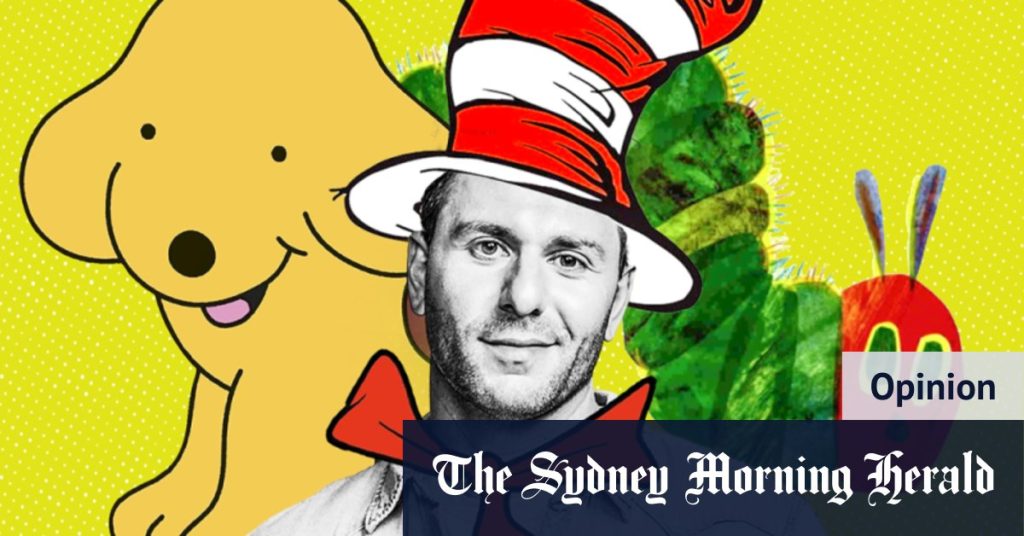The Cumberland City Council has come under fire for its decision to remove books featuring same-sex content from its library shelves, citing concerns over controversial issues being introduced to children. Councilor Lachlan Christou has been vocal in his opposition to these books, arguing that toddlers should not be exposed to such content and that the proposed amendment is for the protection and safety of children. While protecting children is important, the move has sparked debate over the censorship of literature and the potential implications of banning books from public libraries.
Critics of the council’s decision argue that targeting books with same-sex content sets a dangerous precedent and could lead to further censorship of literature. They point out that many classic children’s books, such as The Very Hungry Caterpillar and Where the Wild Things Are, could also be considered problematic if scrutinized for their content. By highlighting the absurdity of banning books based on misguided concerns over children’s safety, critics emphasize the importance of promoting diversity and inclusivity in literature and allowing children to explore different perspectives through reading.
The debate over book censorship in Cumberland City Council’s libraries raises larger questions about the role of libraries in providing access to diverse and challenging content. Banning books based on controversial themes or content limits children’s exposure to different ideas and perspectives, ultimately restricting their intellectual growth and development. By advocating for the preservation of these books and challenging the council’s decision, critics aim to protect the value of free expression and intellectual freedom in public spaces such as libraries.
The controversy surrounding the removal of books with same-sex content from Cumberland City Council’s libraries highlights the ongoing cultural debates surrounding children’s literature and the influence of moral concerns on public discourse. As society grapples with issues of censorship, diversity, and freedom of expression, it becomes increasingly important to defend the rights of authors and readers to engage with challenging and thought-provoking content. By questioning the motives behind the council’s decision and advocating for the inclusion of diverse voices in children’s literature, critics seek to uphold the principles of intellectual freedom and open access to information.
In conclusion, the debate over the removal of books with same-sex content from Cumberland City Council’s libraries reflects broader issues related to censorship, diversity, and freedom of expression in children’s literature. By challenging the decision to ban these books and advocating for the inclusion of diverse voices in public libraries, critics aim to uphold the principles of intellectual freedom and open access to information. While concerns over children’s safety are valid, it is essential to consider the potential consequences of censorship and the importance of promoting diverse perspectives in literature. As discussions surrounding book censorship continue, it is crucial to advocate for the value of free expression and protect the rights of authors and readers to engage with challenging and thought-provoking content.


